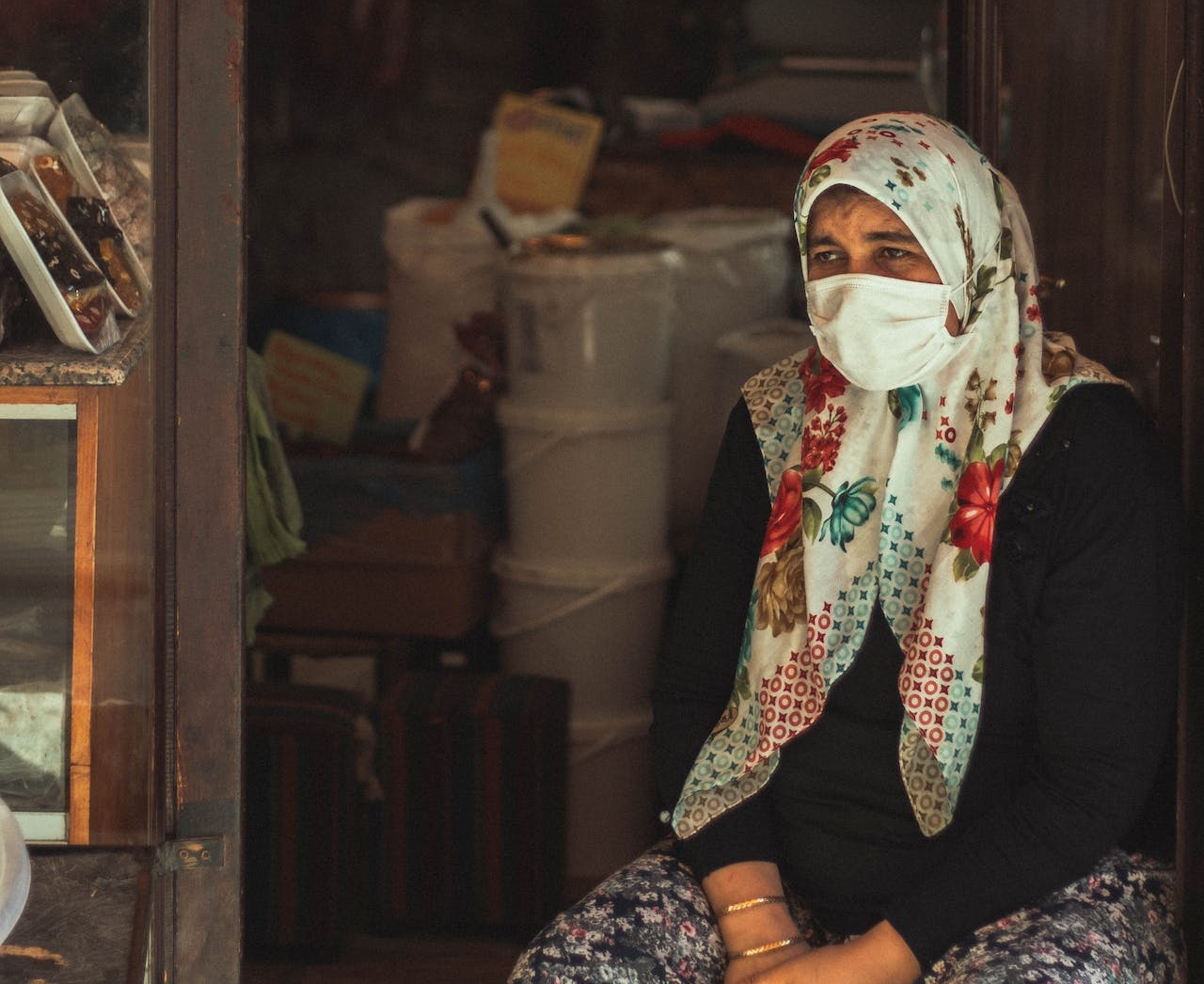The Importance of Mental Health Services in Afghanistan
 Since the Taliban took control of Afghanistan in 2021, many women have faced severe mental health struggles. The government urgently needs to introduce mental health services in Afghanistan to prevent women from experiencing suicidal thoughts and to help them cope with living in a dangerous country.
Since the Taliban took control of Afghanistan in 2021, many women have faced severe mental health struggles. The government urgently needs to introduce mental health services in Afghanistan to prevent women from experiencing suicidal thoughts and to help them cope with living in a dangerous country.
Mental Health Crisis Post-Taliban Takeover
Introducing mental health services in Afghanistan aims to support many women and vulnerable individuals facing dire circumstances. The Taliban’s takeover has instilled fear in many, including a young pregnant woman named Fatima, who, amid reports of sexual abuse and the killing of men by Taliban members, fears for her life.
In 2023, the BBC reported that half of Afghan women were already suffering from mental health issues before the Taliban’s return, with many now facing even greater mental decline and contemplating suicide.
Revamping Afghanistan’s Mental Health Care
Years of war and poverty have shattered Afghanistan’s mental health care systems. After the Taliban’s initial fall in 2001, the shortage of health care staff and supplies hampered efforts to rebuild the Afghan care system. The Ministry of Public Health now prioritizes the reconstruction of Afghanistan’s care system, incorporating Afghan mental health into the Basic Package of Health Service by 2003.
Moreover, the Basic Package of Health Service has collaborated with the United Kingdom’s (U.K.) National Health Service (NHS) to manage health care for the Afghan people, reflecting a shared responsibility for Afghanistan’s mental health care alongside the U.K.’s health care system.
The Role of HealthNet TPO
The Basic Package of Health Service, inspired by the Mental Health Act of 1983, aims to help individuals struggling with mental health issues by ensuring they can access health care professionals.
A survey conducted by the Basic Package of Health Service found that 48% of Afghanistan’s population is under 35 years old, with 20% of Afghan youth requiring mental health care and an additional 10% possibly needing services but inclined to decline treatment. Services like HealthNet TPO are available to help, dedicating themselves to rebuilding communities affected by disasters and conflicts.
Aid for Afghan Refugees: Support Services
Support from donors like the European Union has made significant progress in treating mental health disorders in Afghanistan, training more than 325 psychological counselors to provide counseling and emotional support. The British Association for Counselling and Psychotherapy suggests incorporating therapeutic support services into resettlement programs as a standard practice.
- The Afghan Relocations and Assistance Policy (ARAP). Offers relocation opportunities for Afghans living in crisis. While many Afghan refugees have successfully relocated, families continue to struggle with culture shock, concerns for relatives in crisis areas and employment challenges.
- The Refugee Council. Provides essential therapy for refugees after moving to a new country. Its New Roots project encouraged refugees to meet, share stories and find employment opportunities, although it ended in late 2023. Such initiatives greatly support those fleeing war-torn areas and could be even more valuable in conflict zones.
- Group therapy and therapeutic workshops. Have been shown to significantly aid individuals struggling with mental health, fostering a sense of community, reducing isolation and enhancing the ability to relate to oneself and others.
Fostering Hope
The Taliban’s resurgence in Afghanistan poses significant challenges to the progress of mental health initiatives, particularly for women challenging traditional roles and men grappling with societal expectations of aggression and strength. Despite these obstacles, the focus remains on delivering one-on-one support to address the deep-seated mental health issues within the community. Increasing mental health services in Afghanistan is crucial for reducing aggression among men and boosting the confidence of women. Continuous efforts and support aim to empower the Afghan people, allowing them to lead fulfilling lives and find solace during conflicts, embodying a vision of resilience and hope for the future.
– Phoebe Vaughan
Photo: Pexels
